In this article, we will explore the top 10 deaths that most changed history, examining the individuals, the circumstances of their passing, and the far-reaching consequences of their departures.
Throughout history, there have been individuals whose lives, actions, and, ultimately, their deaths, have had a profound and lasting impact on the course of human events.
These figures have shaped the world as we know it today.
10 Deaths that Most Changed History
| S.no | Deaths that most Changed History |
| 1 | Julius Caesar |
| 2 | Jesus Christ |
| 3 | Genghis Khan |
| 4 | Christopher Columbus |
| 5 | William Shakespeare |
| 6 | Abraham Lincoln |
| 7 | Mahatma Gandhi |
| 8 | Adolf Hitler |
| 9 | Martin Luther King ft. |
| 10 | Steve Jobs |
Deaths that Most Changed History
1. Julius Caesar (100-44 BCE)
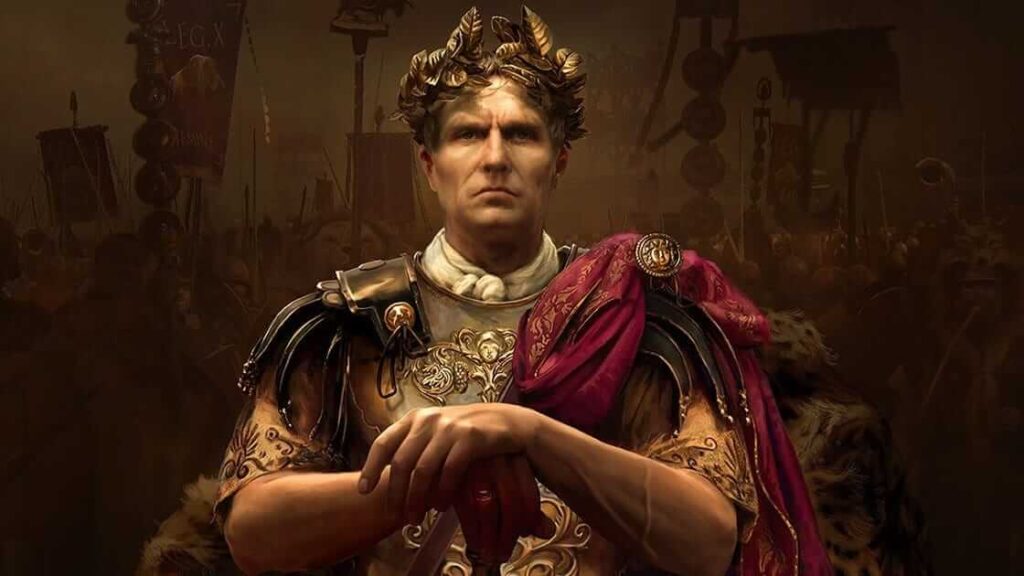
The assassination of Julius Caesar on the Ides of March in 44 BCE marked a pivotal moment in the history of the Roman Republic.
Caesar’s death led to a power vacuum and political turmoil, which ultimately paved the way for the rise of the Roman Empire under the rule of his nephew and adopted son, Octavian, also known as Augustus. The transition from republic to empire forever altered the course of Western civilization.
2. Jesus Christ (c. 4 BCE-30/33 CE)

The crucifixion of Jesus Christ, according to Christian belief, was a watershed moment in human history. His death is seen as an act of divine sacrifice for the sins of humanity, and the subsequent rise of Christianity changed the religious, cultural, and political landscape of the Roman world and beyond.
Over time, it became one of the world’s major religions, influencing countless lives and shaping history in myriad ways.
3. Genghis Khan (c. 1162-1227)
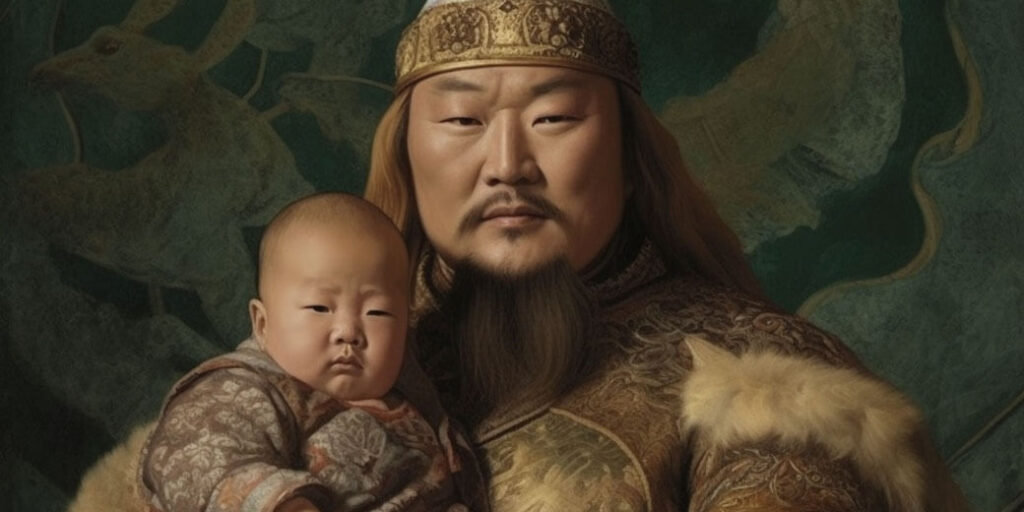
The death of Genghis Khan, the founder of the Mongol Empire, marked the end of an era of Mongol conquest. His demise initiated a period of political fragmentation and succession disputes among his descendants, leading to the division of the empire into different Khanates.
Despite this, the Mongol legacy continued to shape Eurasian history, particularly in the realms of trade and cultural exchange along the Silk Road.
4. Christopher Columbus (1451-1506)

Christopher Columbus’s death did not significantly change the course of history through political or military means, but it had a profound impact on global exploration and the age of discovery.
Columbus’s voyages to the Americas opened the door to European exploration and colonization of the New World, which transformed the world through the exchange of goods, cultures, and ideas in the process known as the Columbian Exchange.
5. William Shakespeare (1564-1616)
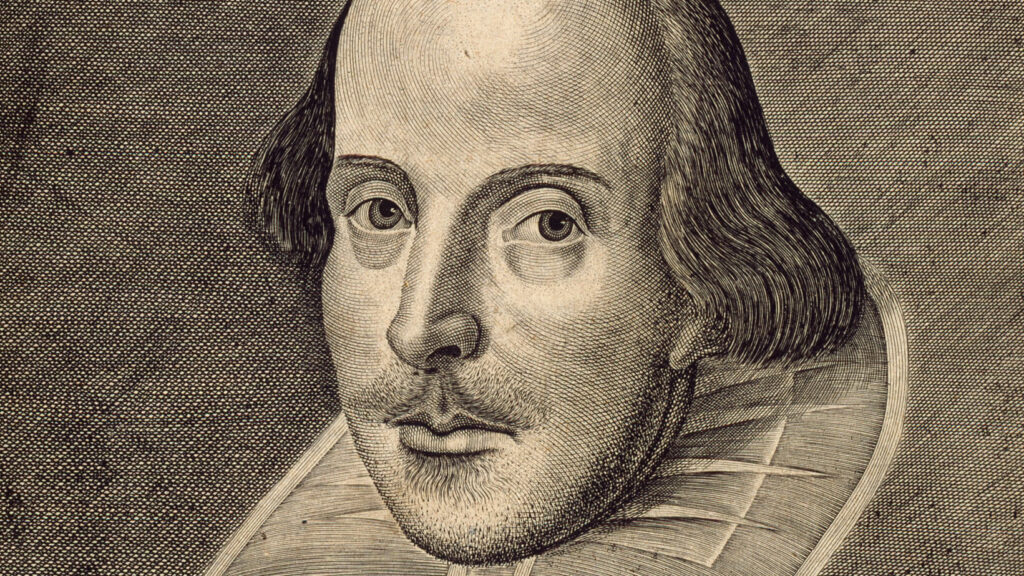
The death of William Shakespeare, often regarded as the greatest playwright and writer in the English language, marked the end of an era in literature.
His plays and poetry have continued to influence and shape the English language, theater, and storytelling for over four centuries. The impact of his work on the arts, culture, and education remains immeasurable.
6. Abraham Lincoln (1809-1865)

The assassination of Abraham Lincoln, the 16th President of the United States, in 1865 was a seismic event in American history. His leadership during the Civil War, the Emancipation Proclamation, and his vision for a reunited nation were all cut short by his death.
His assassination set the stage for the difficult process of Reconstruction and the continued struggle for civil rights in the United States.
7. Mahatma Gandhi (1869-1948)
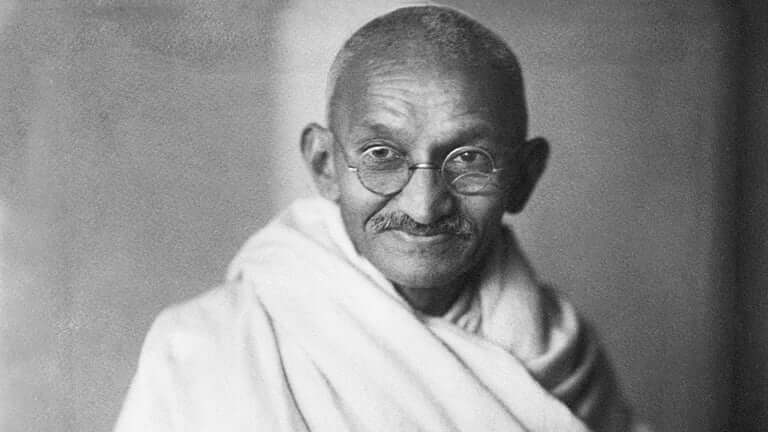
The death of Mahatma Gandhi, a leader of the Indian independence movement, marked a significant turning point in the history of India and the fight against colonialism.
His commitment to nonviolent resistance and civil disobedience played a crucial role in securing India’s independence from British rule. Gandhi’s philosophy and methods continue to inspire movements for social and political change around the world.
8. Adolf Hitler (1889-1945)
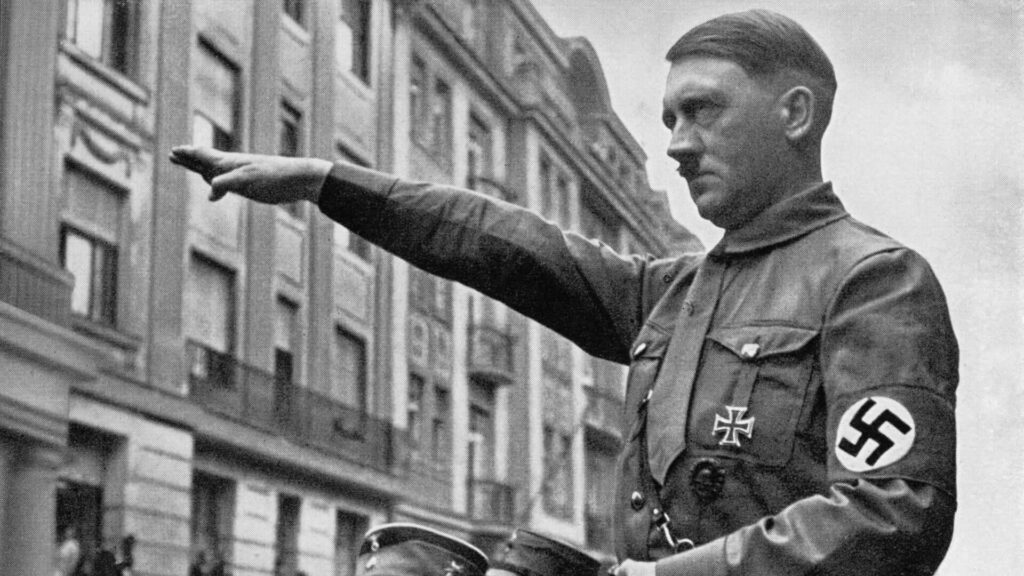
The death of Adolf Hitler, the leader of Nazi Germany during World War II, marked the end of a devastating chapter in world history.
The defeat of the Axis powers and the subsequent Nuremberg Trials established the principle of individual accountability for war crimes and crimes against humanity. The Holocaust, in particular, has left an indelible mark on our collective memory and efforts to prevent such horrors in the future.
9. Martin Luther King Jr. (1929-1968)
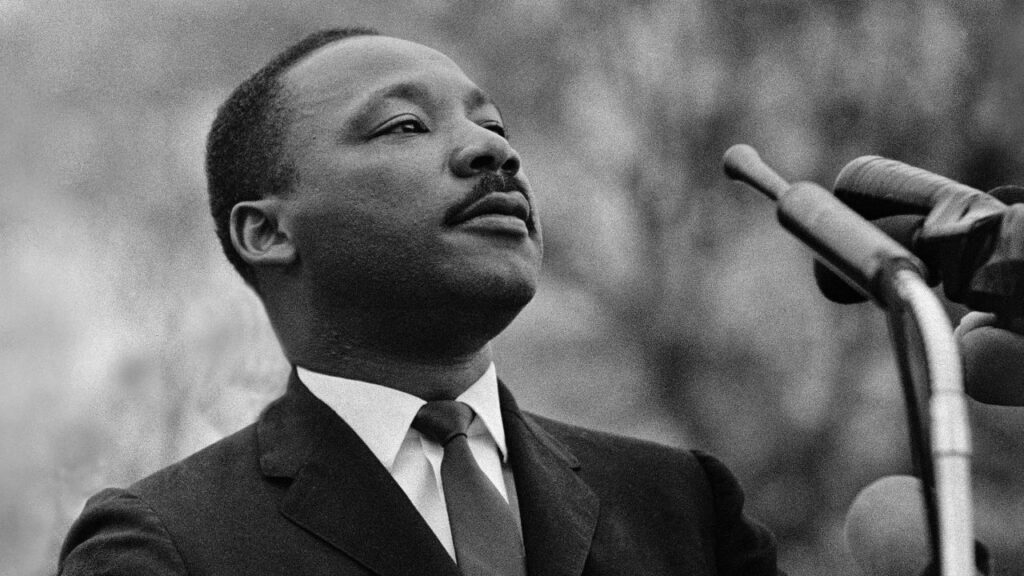
The assassination of Martin Luther King Jr., a prominent leader in the American civil rights movement, sent shockwaves through the United States and the world.
His work to end racial segregation and discrimination, as well as his advocacy for civil rights and social justice, continues to inspire and shape the ongoing struggle for equality and justice.
10. Steve Jobs (1955-2011)

The death of Steve Jobs, co-founder of Apple Inc., marked the end of an era in technology and innovation.
Jobs’s contributions to the development of the personal computer, the iPhone, and the iPad revolutionized multiple industries and had a profound impact on the way we communicate, work, and live in the digital age.
The deaths of these ten individuals have had a profound and lasting impact on the course of human history.
They mark pivotal moments, turning points, and shifts in the trajectory of human civilization. Whether through political upheaval, cultural transformation, or technological innovation, these figures and their legacies continue to shape the world in which we live today.
Their stories serve as reminders of the power of individual actions to change the course of history and leave a lasting mark on the world.








